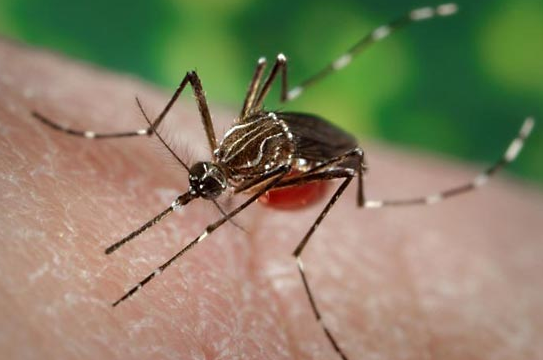Plotting the elimination of dengue

Dengue is a viral infection spread between humans byAedes aegyptimosquitoes. Dengue causes flu-like symptoms, including intense headaches and joint pains.
Published in the journalScience Translational Medicine, Professor Cameron Simmons, from the Department of Microbiology and Immunology at the University of Melbourne and the Peter Doherty Institute for Infection and Immunity, said that the discovery could lead to improved strategies to reduce the incidence ofdengue. "We did a 'real world' experiment and allowed mosquitoes infected withWolbachiaand uninfected mosquitoes to feed on the blood of Vietnamese dengue patients. Our team then measured how efficientlyWolbachiablockeddengue virusinfection of the mosquito body and saliva, which in turn steps stops them spreading the virus between humans," Professor Simmons said.
Researchers developed a mathematical model of dengue virus transmission and used the experimental results as a basis to predict how wellWolbachiawould reduce the intensity of dengue transmission under a variety of scenarios.
"We found thatWolbachiacould eliminatedengue transmissionin locations where the intensity of transmission is low or moderate. In high transmission settings,Wolbachiawould also cause a significant reduction in transmission.
"Our findings are important because they provide realistic measures of the ability ofWolbachiato blocktransmissionof the dengue virus and provide precise projections of its impact on dengue infections," Professor Simmons said.
Wolbachiahas been recently introduced into Cairns and Townsville and the results of this study suggest future dengue outbreaks in these cities should be much less severe than in the past."Our results will enable policy makers in dengue-affected countries to make informed decisions onWolbachiawhen allocating scarce resources to dengue control," Professor Simmons said.
Dengue continues to be a major public health problem in Asia and Latin America. Estimates suggest more than 100 million cases occur globally each year.
















